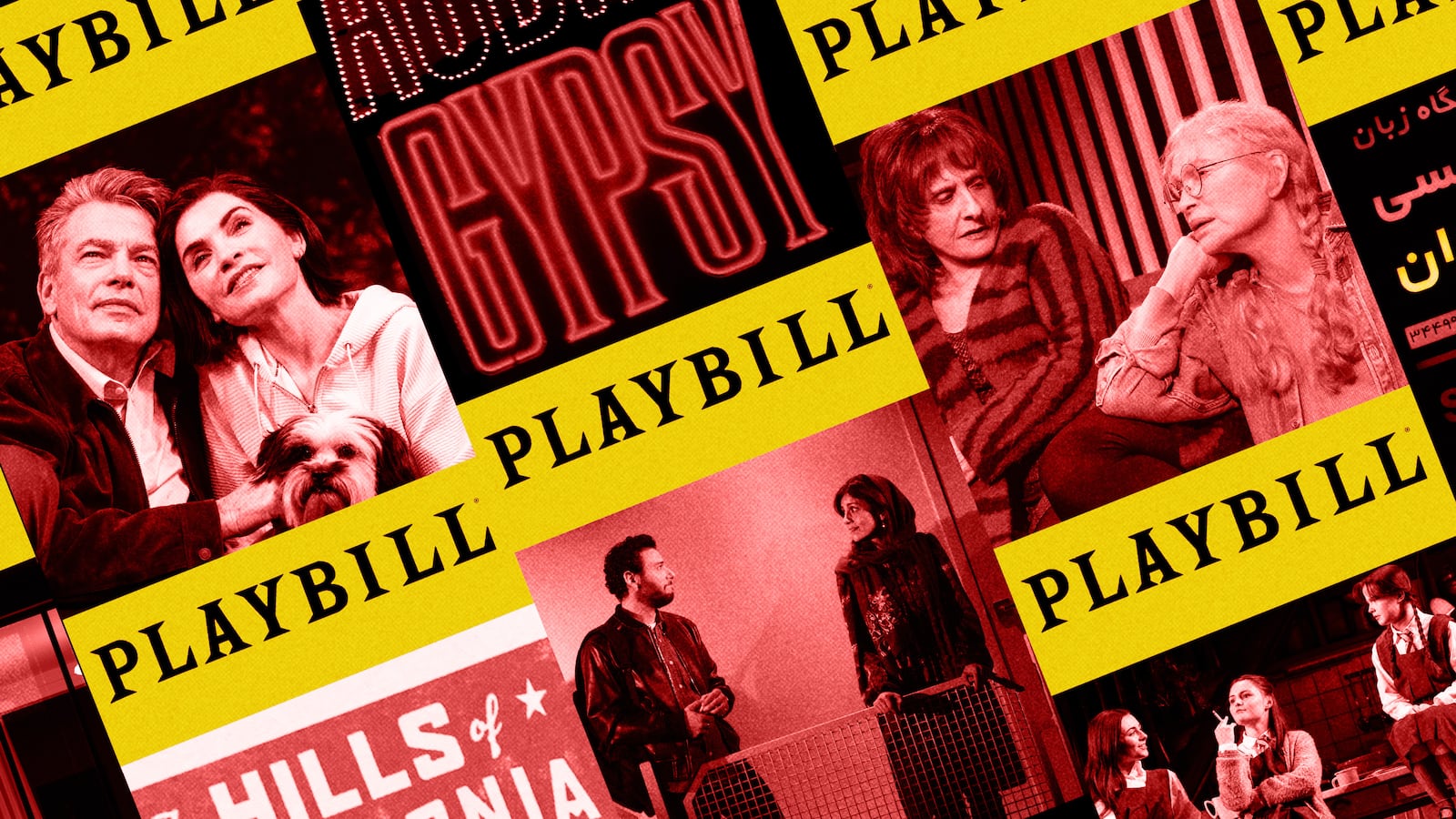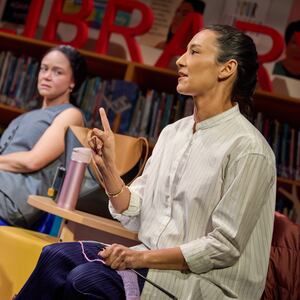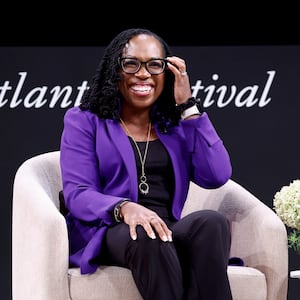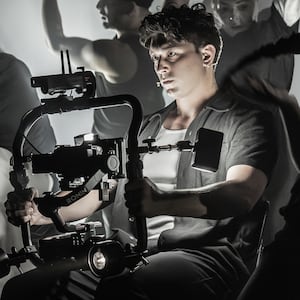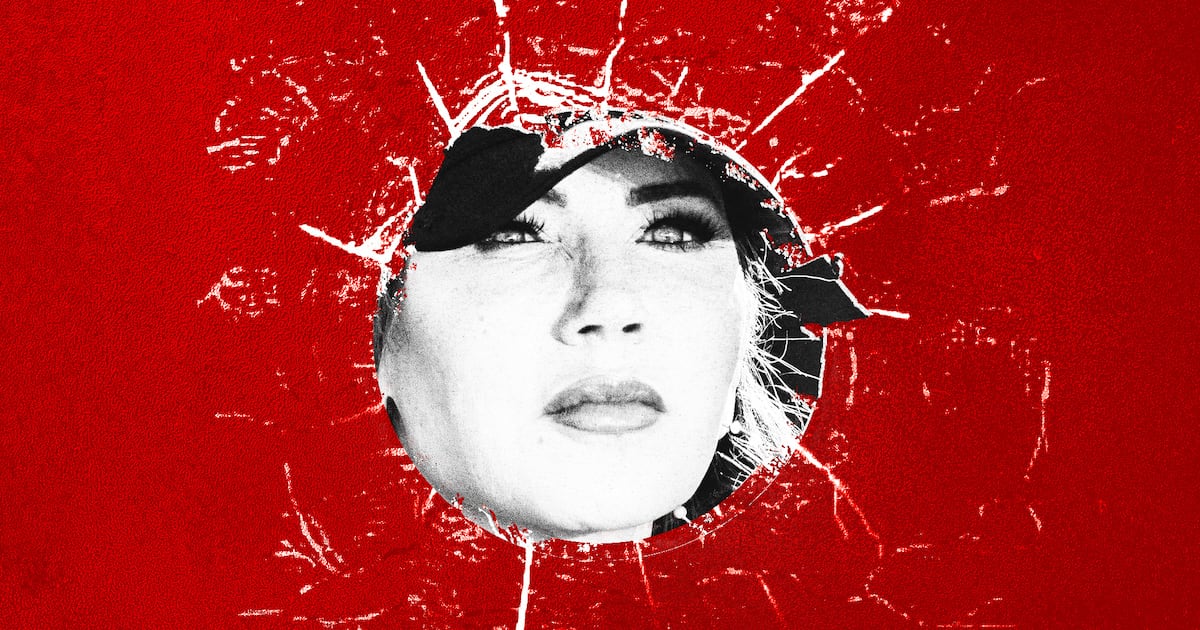I have been covering the theater world a long time by now, so I can say, with some authority, that never have the stages been as filled with strong women…both on and behind the scenes.
Sunset Boulevard focuses, of course, on one Norma Desmond; Suffs gives us the women who fought for and eventually won the vote; Audra McDonald is the stage mother of all time in Gypsy; The Hills of California follows another domineering mom and her four daughters; Cult of Love, by Leslye Headland, is about one of those not so merry family reunions; Delia Ephron’s memoir on stage, Left on Tenth is a love story mixed with hovering death; Jen Silverman’s The Roommate stars Mia Farrow and Patti Lupone in a shaky relationship; Death Becomes Her, a musical about women trying to stay young, is leaving audiences LOL-ing; and Sanaz Toosi’s Pulitzer Prize winning drama English arrives in January.
That is all on Broadway. (Where women, by the way, make up 65 percent of ticket buyers.) Off-Broadway, the hills are also alive with feminine voices. In the last few months I’ve seen The Amazon Warehouse, Vladimir, Bad Kreyòl, Walden, The Light and the Dark, The Blood Quilt, and The Counter, all penned by women. (At least three deal with climate change.) Another new one is January about the aftermath of traumatic violence.
There was a time when we had Wendy Wasserstein (The Heidi Chronicles, The Sisters Rosenweig) and that was about it. (That’s not counting Lorraine Hansberry, who made history with A Raisin in the Sun—and who died during the run of her second Broadway production.) These are strong shows dealing with pressing, personal, often political issues.

“It was slow in coming but it is much more than a trend,” says Daryl Roth, considered by many the most influential woman in New York theatre. (With one venue even named for her downtown.) “They are writing stories about their own hills and valleys and audiences are relating.“
Roth is currently producing Left on Tenth, and is soon bringing The Picture of Dorian Gray, Sarah Snook’s one-woman play, to Broadway. And she is working with playwright Anna Deveare Smith on a show about a hugely famous black woman who tried telling the truth in our judicial history. (No spoilers allowed)
“Of course, these stories, written by women, are going to be different,” adds producer Dori Berinstein, who recently produced Russian Troll Room, which featured Christine Lahti. “They bring unique perspectives that inherently differ from those of men. And, hardly a surprise, women playwrights are much more likely to prioritize female protagonists, providing more diverse and nuanced representations. Essential stories that must be told!”
Several years ago, I compiled a list for an entertainment site (not this one) about the women who’d had an impact that year. I tried to include playwrights, but basically was told, “No one cares about theatre.” Well, I fought for and finally got Lynn Nottage included. The next year, I fought for, and won, a slot for Suzan-Lori Parks. Her latest show, Sally and Tom (think slavery) had a hit run at the Public Theater this past season and likely will move on and up to Broadway.

Both of those women were big prize winners, and both are Black—as are Katori Hall, whose The Blood Quilt, about a family of Southern women, is now playing at Lincoln Center, and Dominique Morriseau, whose latest, Bad Kreyòl, is also about reuniting relatives. (In that play, the characters are of Haitian descent. “Kreyòl is anti-colonialism as a language,” Morrisseau wrote in the show’s program. ”It is a language of resistance and freedom. So, though I speak bad Kreyòl, there is only good that can come from allowing a people the dignity to choose their own master tongue.”
Hall believes things are better but, well, it’s all relative. “If there is sexism in the world, there is most definitely still sexism in the theatre,” she told me. “I do feel as though there is a realization that our theatres have often been run by men—white men to be exact—and there is a slight correction I see. Like, how many Black women are being put in artistic director leadership positions?” Daryl Roth insists, “There are more female artistic directors each season, and that matters.”
Another current show is Room 1214. This one comes from Michelle Kholos Brooks. She has written several others, including, War Words and Hitler’s Tasters: tough and truth-based pieces from a sweet, petite woman who happens to be married to Max Brooks (author of World War Z) and is the daughter-in-law of Mel Brooks.
But Room 1214 is no laughing matter. It is based on an actual history teacher who experienced the Marjorie Stoneman Douglas High School shooting in 2018. (She was teaching a class about the Holocaust, ironically.) “I think the conversation about gun violence is going to be timely until we put a stop to it,” says the playwright. “Most Americans believe in reasonable gun laws. We just need to have the will. And until we have the will, we should have the conversation.” (Kholos-Brooks told me this just a week before New York was virtually paralyzed awaiting the capture of a shooter.)
She is among the many women who are giving us muscular works that deserve conversation. Penned by Sarah Gancher, the play Russian Troll Farm was set in St. Petersburg, where, in fact, an internet company was attempting to interfere in our 2016 election. Playwright Sarah Gancher,an Obie-winning playwright, told me that the idea for her play came out of her confusion in 2016 over what she was often seeing on her internet feeds mixed with anxiety about how Donald Trump was obviously being helped from afar. Jenny Lyn Bader’s Mrs. Stern Wanders the Prussian State Library, directed by Ari Laura Kreith, is at Off-Broadway’s WP Theater for a limited five-week run. That one is based on the jailing of German-American historian and philosopher Hannah Arendt.
Erika Sheffer created the muscular Vladimir because of her parents’ immigrating to the U.S. from the Soviet Union. “They survived programs, the Gulag, state surveillance and relentless antisemitism,” she writes in the program. ”The most recent rise of extremism and violence in American politics has left me in turns enraged and mystified. How did we get here? How do we move forward?” Her play scares us and helps us seek answers.
I recently visited London to see A Face In The Crowd, a new musical based on the classic 1957 movie. Written by Sarah Ruhl, it could not be more timely and Trumpian.
Even a piece like Delia Ephron’s “Left on Tenth” is more than your basic ‘feel good after almost dying’ love story. “It’s full of joy but has tremendous threat in it,” says Ephron. “I don’t think of my work as being political, per se, but because I always write smart characters, it proclaims a belief in the strength of women. Theatre is more open to women than film and television.”
Female playwrights, in fact, have become first choices. A stage adaptation of Ray Bradbury’s dystopian novel Fahrenheit 451 is in development and aiming for Broadway. This one will be adapted by Pulitzer Prize-winning playwright Martyna Majok. Bradbury’s book, of course, is an anti-censorship manifesto that was written during the McCarthy era.

And here’s a punchline. Even a feminist take on Death of a Salesman” is coming. It begins the day Willy dies, and dramatically wonders what Mrs. Loman will do. The production is written by Barbara Cassidy and directed by Meghan Finn. I rest my case,
Why now? “Well, since our stories have basically been hidden from half our history, it’s about time,” says Dale Franzen, who won a Tony for producing Hadestown and is part of the Left on Tenth team. Amen—or A-women—to that.
Michele Willens’ “Stage Right…Or Not” airs weekly on an NPR affiliate.

